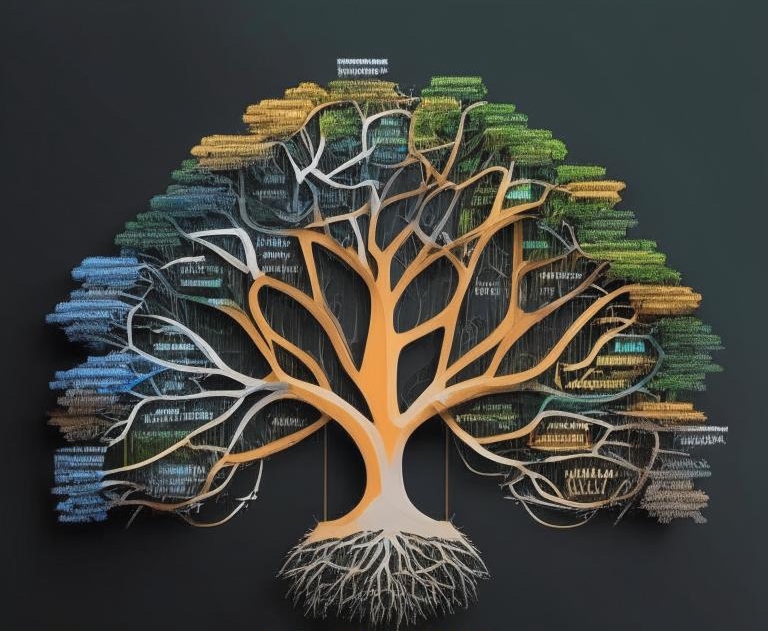Social
by Author
The Social Argument, developed by Émile Durkheim, asserts that a priori forms of knowledge are located not in the individual mind but in social relationships and structures. Durkheim proposed a radical revision of Kant’s theory of apriorism, arguing that transcendental forms of knowledge are not derived from individual experience, nor are they innate. Instead, he suggested viewing them as products of collective experience and social interaction.
In his book The Elementary Forms of Religious Life (1912), Durkheim wrote:
“Forms of knowledge about the world are drawn from collective existence, from the relationships that exist between members of society. These forms precede individual experience and form the basis of our understanding of reality.”
According to Durkheim, a priori forms are those structures that arise in the process of people living together and are prerequisites for individual perception and knowledge. He argued that while transcendental forms of knowledge do indeed precede individual experience, their source should be found in collective consciousness and social context.
The social argument, proposed by Durkheim, offers a more dynamic and flexible approach to understanding a priori forms. It asserts that our knowledge of the world is shaped not only by individual experience or innate structures but also by participation in collective life. This approach opens up new perspectives for understanding how our concepts are formed and how they may change depending on the social context.
epistemology lenses sociology
